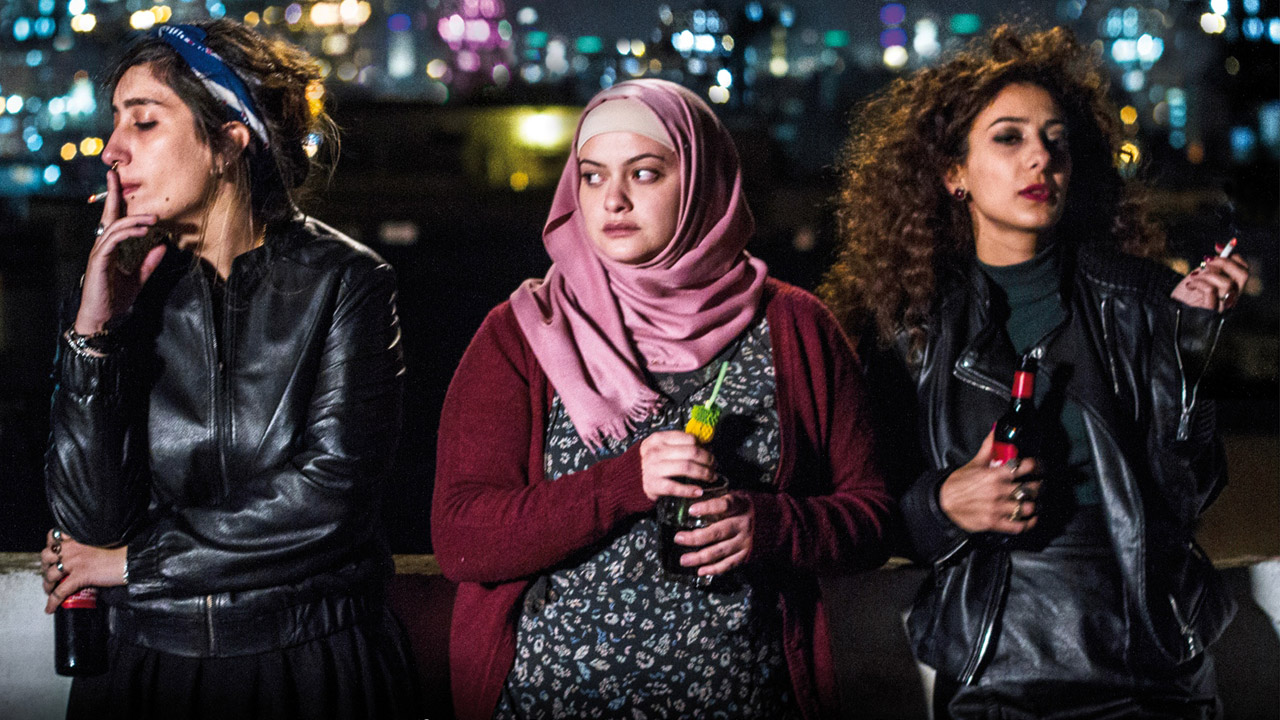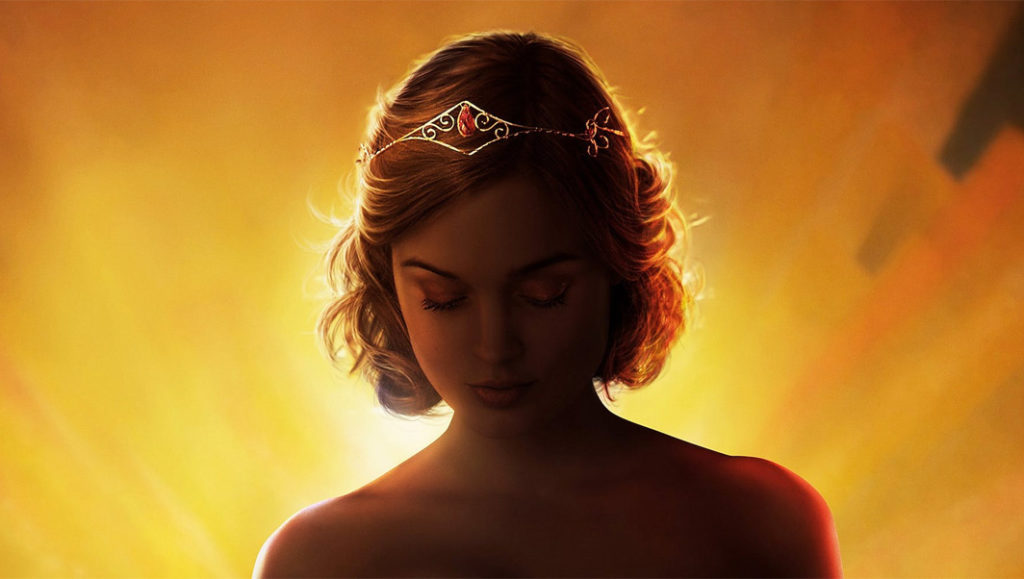The Female Brain
by Rachel Willis
It seems strange that in 2018, romantic comedies continue to follow the same tired clichés. While some have mined new territory, The Female Brain isn’t taking any risks.
Focusing on four couples, the film explores the ups and downs of relationships through the studies of neurologist Julia (Whitney Cummings, who also co-writes and directs). Looking at how brain chemistry affects the way men and women behave, why they make certain romantic choices, and why they continue to make the same mistakes, Julia seeks to find answers to her own relationship traumas.
The film’s biggest issue is its lack of cohesion. The couples never share screen time, save one moment in which Steven (Deon Cole) and Adam (James Marsden) discuss how their significant others have changed or are trying to change them. And while it seems the couples are part of Julia’s study based on a few voice-overs, that fact is never quite clear. The movie would have been much stronger if it had kept a tighter focus on Julia’s story or found a better way to connect the couples and their foibles to her study.
There is some humor to be found, primarily from Cole and Cecily Strong. SNL veteran Strong shines, and plays well off of NBA veteran Blake Griffin, who does occasionally hold his own against his much funnier on-screen spouse. Unfortunately, most of the comedy falls flat, as the script relies too much on overused stereotypes: Women are either trying to change men or are too emotionally closed off to accept love.
Cummings is a capable actress. As Julia, she is sympathetic while managing to mine the humor from her role. However, as a director, she never manages to find her footing. The film’s pacing is off, resulting in a movie that feels much longer than its actual runtime. Cummings’s script (co-written with Louann Brizendine and Neal Brennan) suffers from banal dialogue. Any potential moments of originality are undermined by reliance on formulaic ideas of romance.
Hiding behind the guise of being scientifically sound in examining the difference between male and female brains, we’re sadly left with a film that reiterates the same stereotypes and problems of many romantic comedies.








